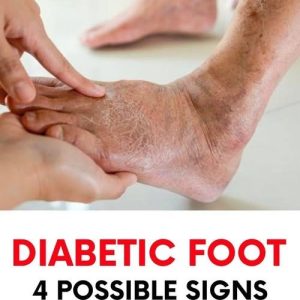What happened
In February 2025, AOC’s office hosted a webinar titled “Know Your Rights With ICE,” aimed at providing guidance to undocumented immigrants on how to handle interactions with U.S. Immigration and Customs Enforcement (ICE). The webinar included advice such as not opening the door to ICE agents without a valid warrant and understanding one’s constitutional protections during encounters.
Following the webinar, former ICE and border official Tom Homan (referred to as “border czar”) publicly suggested that AOC’s actions may have crossed a legal line—possibly into obstruction of immigration enforcement. He claimed to have contacted the United States Department of Justice (DOJ) to ask whether her guidance constituted illegal aid to undocumented individuals.
In response, AOC sent a letter to the Attorney General (Pam Bondi at the time) requesting clarification on whether she was under investigation. She emphasized that advising constituents of their constitutional rights falls under the First Amendment and questioned whether political pressure was influencing the DOJ’s actions.
Key issues & positions
Supporters of AOC argue her webinar was an exercise of her duty as an elected official to inform vulnerable populations about their legal protections—and thus squarely within free‑speech and public‐service norms. They maintain that knowing one’s rights does not equate to blocking law enforcement or aiding illegal activity.
Critics say the content of the webinar may have encouraged undocumented immigrants to avoid cooperation with ICE or to “hide” from enforcement, which they argue could constitute “aiding and abetting” or “impeding” law enforcement. Homan in particular framed the controversy as a question of whether educating on rights crossed into instruction on evasion
Current status and implications
As of the latest public reporting, the DOJ has not publicly confirmed any formal investigation into AOC’s webinar or issued any charges. AOC continues to assert she was exercising her constitutional rights and has challenged any suggestion that her actions are criminal.
The broader implications relate to how free speech, immigration enforcement, and the duties of public officials intersect. The case raises questions about when education about legal rights becomes advice that impedes law enforcement—and how political context may influence enforcement of immigration laws.




